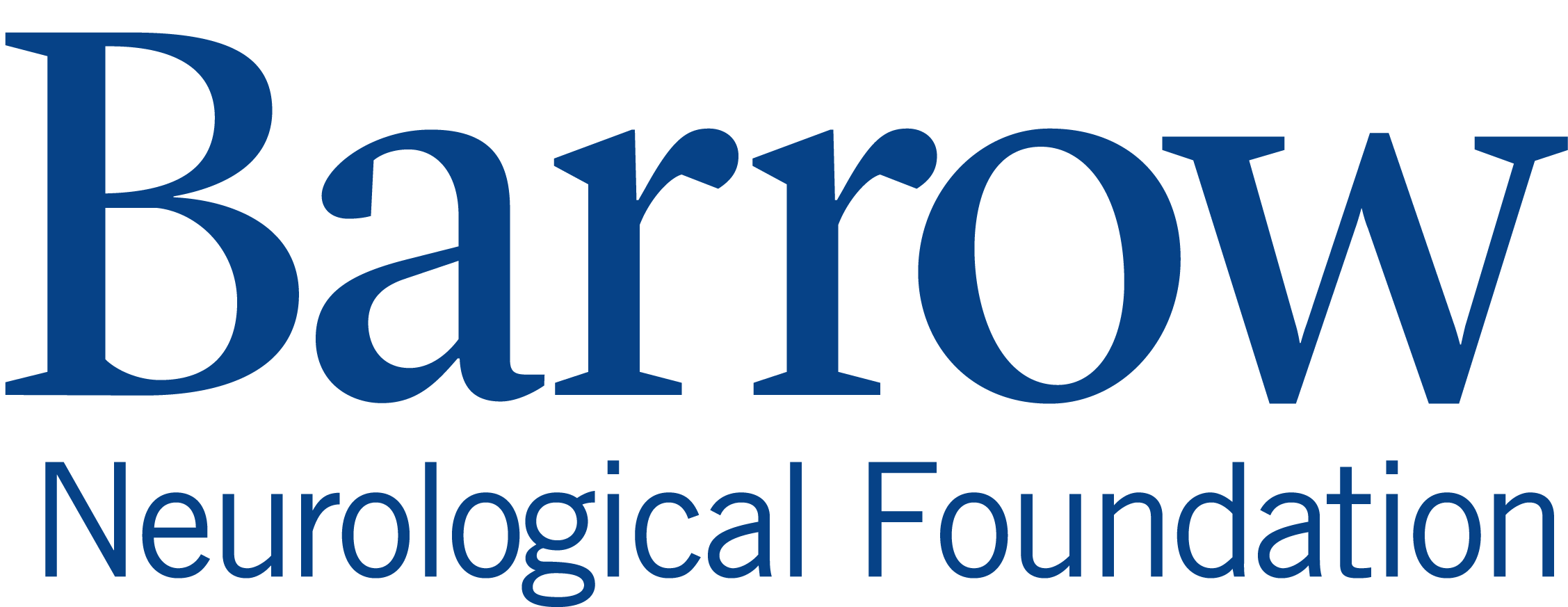Happening Now
Barrow Survey: Fewer Arizona Parents Allow Kids to Play Contact Sports
PHOENIX – Amid growing concussion concerns, only 65 percent of Arizona parents say they will allow their children to play contact sports – a sharp drop in two years, according to a new survey by Phoenix’s Barrow Neurological Institute. Contact sports include football, soccer and basketball.
And four in 10 parents say “no” to football for their children, continuing a trend that has seen parental approval of football participation plummet in recent years.
Concussion fears are also strongly impacting teens. Nearly a third of teens say they have decided not to participate in a sport because of concussion fears – a 50 percent increase in three years.
Once confined mostly to football, concussion fears have spread to other contact sports. Two years ago, a similar survey found that 82 percent of parents said they would allow their children to participate in contact sports. That number dropped to 65 percent in the survey released today on the eve of the Arizona high school fall sports season.
“Football has long caused the most concern among parents of high school student-athletes, but it is clear that concussion fears are rising for other contact sports,” says Dr. Javier Cárdenas, director of the Barrow Concussion and Brain Injury Center at Barrow Neurological Institute, which is part of Dignity Health St. Joseph’s Hospital and Medical Center. “We know that sports offer many health benefits. Our challenge is to make sure the public can weigh the benefits against injury risks and make informed decisions.”
Each of the last four years, Barrow has measured the public’s awareness of concussion and how it impacts participation in high school athletics. Greater awareness of sport-related concussion has led to widespread concern over the long-term effects of brain injuries.
FOOTBALL
The percentage of Arizona parents who say they would not allow their children to play football has risen sharply in three years – from 30 percent in 2016 to 40 percent this year.
Declining parental approval of football tracks with dwindling statewide participation rates. High school football has by far the largest number of players, but that number is declining.
In 2015, 20,929 Arizona boys and girls played 11-player football, according to the National Federation of State High School Associations. In 2018, the number dropped to 15,406 boys and girls – a decline of 26 percent in four seasons – according to the Arizona Interscholastic Association (AIA).
GIRLS’ SPORTS
Among student-athletes who have had concussions, girls are far more concerned than boys about the possible long-term impacts of the injury – by a margin of 80 percent of girls to 56 percent of boys, the survey found.
About a third of girls said they decided not to participate in at least one sport because of concussion fears, while a little more than a quarter of boys did so. The sports avoided by the largest numbers of girls were football (52 percent), softball (47 percent), volleyball (46 percent) and soccer (44 percent).
CONCERN OVER CLUB SPORTS
The survey found that parents believe club sports lag behind school sports in concussion protocols and communications. Nearly two-thirds (63 percent) of parents agree with the statement: “Most club sports lack oversight to diagnose/treat concussions.”
And when they were asked who provides “more effective communication about concussion” to student-athletes, 56 percent of parents said school sports, as against 16 percent who said club sports.
“Parents recognize when their children are not being provided appropriate concussion education, instruction and oversight,” Dr. Cárdenas says.
TEENS’ VIEWS ON CONCUSSION
About three in 10 teens say they have decided not to play a sport because of concussion, a 50 percent jump over a similar survey in 2016.
Nearly four in 10 teen athletes reported that they had sustained a concussion, more than double the number in 2018.
But high-level competition changed some teens’ views of concussion. More than a quarter of teens agreed with the statement “If the State Championship were on the line, I would play through a concussion.”
“That statistic alarms me as a sports neurologist and a parent of student-athletes,” Cárdenas says. “Concussions are not situational. Trying to play through a concussion is a terrible idea, and in rare cases it could be fatal.”
BARROW BRAINBOOK SETS STANDARD
Arizona has been among the national leaders in concussion education for student-athletes. Barrow Brainbook recently surpassed 1 million users, and more than 250,000 ImPACT baseline concussion tests have been administered to Arizona teen athletes. Supported in part by Barrow Neurological Foundation and Dignity Health, Barrow Brainbook was launched in 2011 as the most comprehensive concussion education effort in Arizona. Barrow Brainbook is a web-based learning tool developed specifically for high school student-athletes that provides information on how to prevent, recognize and respond to concussions.
The Barrow concussion study of teens was conducted in June/July 2019 with a sample of 477 males and females, ages 14 to 18, living in Arizona. Of these, 169 reported playing school and / or club sports. The margin of error is plus or minus 4.5 percent at 95 percent confidence for the full sample (477), and plus or minus 7.5 percent among high school athletes (169). The study of parents was conducted in May-June 2019 with a sample of 469 Arizona adults selected randomly. Of these, 197 were parents of a child or children under the age of 18. The margin of error is plus or minus 4.5 percent for the full sample and plus or minus 7.0 percent among parents of teens.
